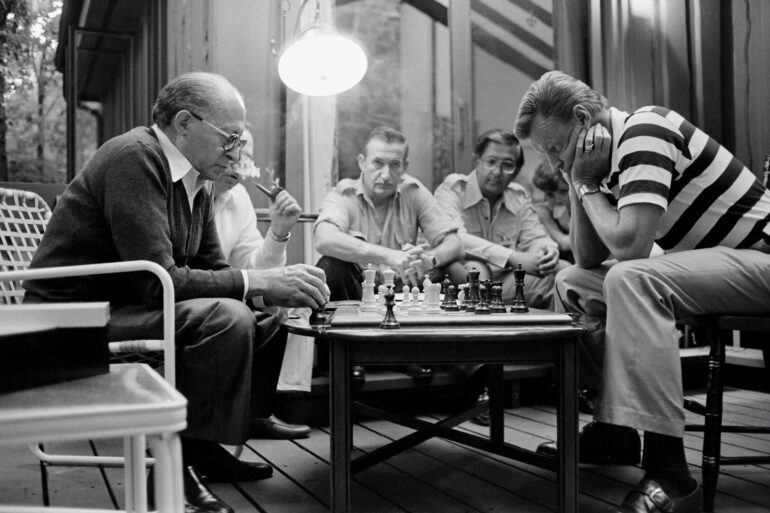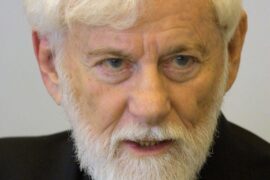Independence does not only come from declarations or symbolic ceremonies, nor is it sustainable if selling out is an option.
Israel’s newly appointed Foreign Minister Yair Lapid (Yesh Atid) agreed on June 17 to a request from US Secretary of State Antony Blinken that Israel not surprise Washington with any moves against Iran. In other words, Lapid has accepted that Israel must let the United States know of the moves it plans to take to secure its own safety.
This recent development is not surprising, being that the Israeli government has for decades allowed Jerusalem to become increasingly dependent on US weapons and “aid.” As a result, this has only incentivized Washington to become more involved in the Israeli-Palestinian conflict and suggest solutions which they know are unattainable to the aspirations of both peoples. If a conflict involving a country that the US provides weapons to were to be resolved, it would be a bad day for the US imperial business model.
To comprehend the full picture, one must first understand how US foreign aid works. Israel every year receives billions of dollars of aid from the United States, but don’t be fooled, it is not free cash. Over 90% of this money can only be used as credit for buying weapons from US companies, basically subsidizing the US arms industry and the business of war. In return for Israel becoming reliant on US weapons for its security, Israel also signs off on its rights to purchase or sell military technology from or to other countries without US approval. This is not aid. This is entrapment.
In practice, many Israeli companies such as Brill, an Israeli boots manufacturing company, have had to close down due to the increase of US foreign aid and Israel needing to find more ways to spend the added credit, resulting in Israel becoming ever more dependent. In the 1980s, the US even forced Israel to halt its production of the LAVI fighter plane, which would have allowed Israel to free its air force from US sourcing. Imagine how many jobs and industries could be created in Israel if the nation became independent and invested in its long-term future. There is a repeated theme that is tied with foreign aid, and that is making sure Israel never becomes fully independent.
Why aren’t the citizens of Israel having a conversation around true independence? The nation that has the most to lose from peace and stability in the region always finds itself to be at the forefront and in the middle of every peace process and has turned the State of Israel into a subordinate client state for its own interests.
Let’s be clear. There is no issue with having relations with countries like the United States, but if that relationship is toxic and is bad for Israel’s long-term interests, the nation must learn from its past and make sure to evaluate every possibility and be prepared for all scenarios.
The noxious idea that Israel needs US support to survive couldn’t be further from the truth. It should be noted that all of Israel’s major achievements on the battlefield came before the current “alliance” and despite the military technology Israel has received, the US-Israel relationship actually ties Jerusalem’s hands down when it counts.
By accepting military aid from Washington in the years following the Six Day War, Israel was lured into becoming a pawn on America’s chessboard of interests.
Relations with other countries are important as long as they don’t hurt the interests and future at the cost of short-term benefits. We must keep in mind the current state and uncertain future of the US. Assuming that the United States still exists in its current form 20 years from now, the likelihood of a future administration becoming more openly hostile to Israel than any in the past seems increasingly likely given America’s current political trajectory.
Israel is no longer a newborn country. The mistakes of the past are easy to judge in hindsight, but now Israel must have the foresight and assume the responsibilities that come with power and national maturity.






Purge the adopted Westminster System so that real decisions, hard decisions, can be made. Sitting around the sedar is a reminder of strength. To those that say a one state is impossible, tap into history. Imagine the hardships. This can be done – it should be done. It is why stories exist.
Right on!
Well done Rudy. I totally agree.